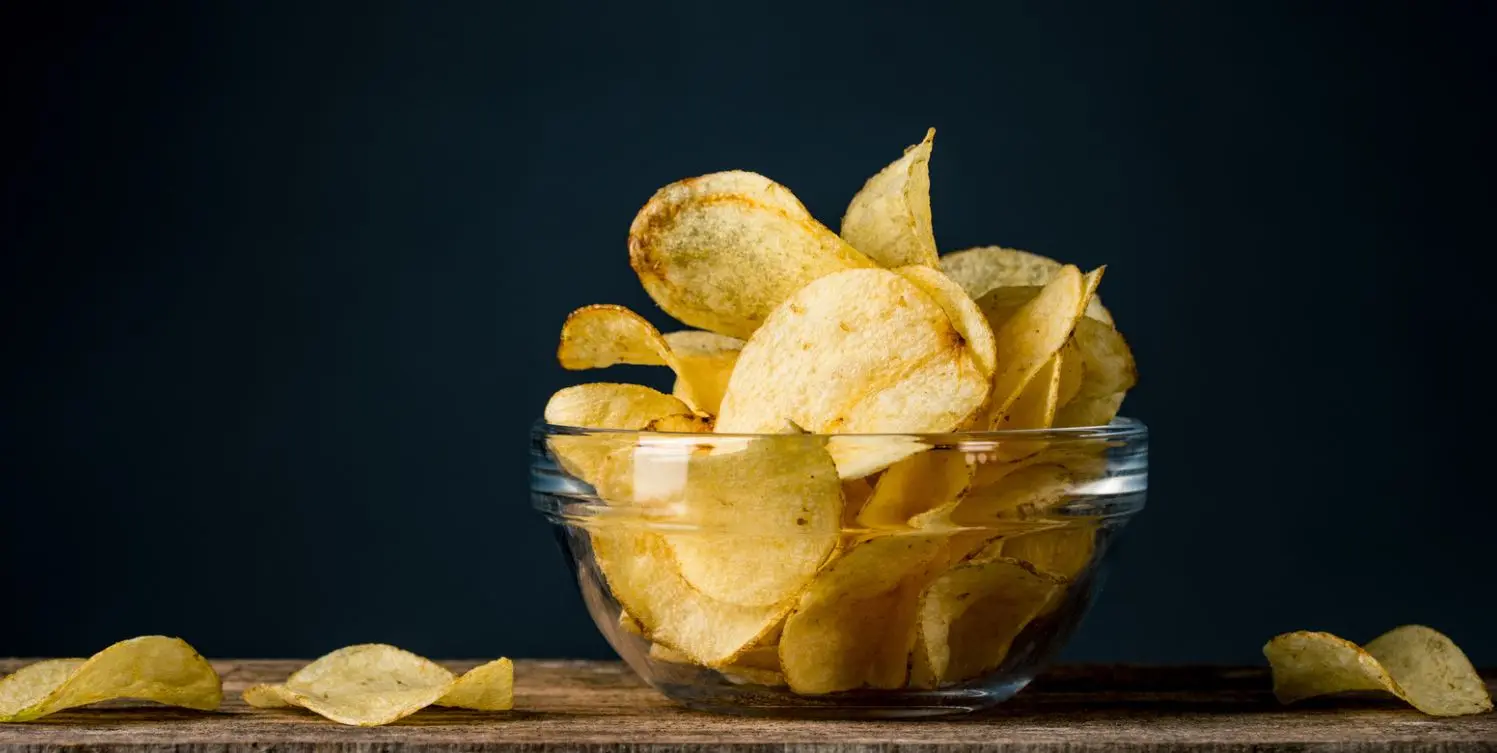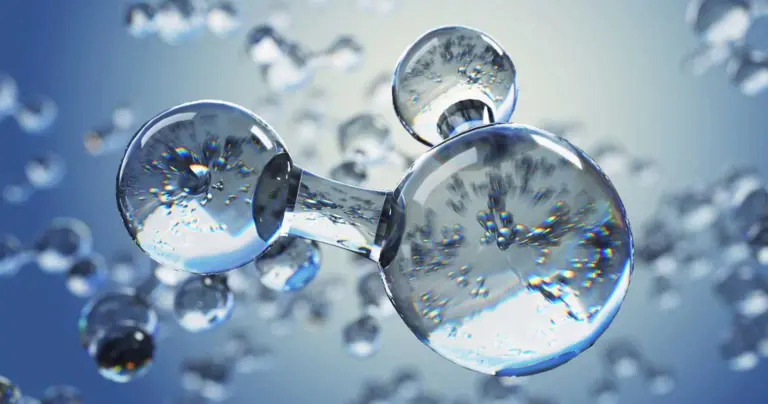Are Kettle Chips Healthy? The Truth About This Popular Snack
Kettle chips have gained popularity in recent years as a seemingly healthier alternative to traditional potato chips. With their rustic appearance and claims of being “all-natural,” many consumers are left wondering: are kettle chips healthy? Let’s examine the facts behind this crunchy snack and determine whether it deserves a place in a balanced diet.
What Are Kettle Chips?
Kettle chips are a type of potato chip made using a specific cooking method. Unlike regular potato chips, which are continuously fried on a conveyor belt, kettle chips are cooked in batches in large kettles or vats of oil. This process results in a thicker, crunchier chip with a more pronounced potato flavor.
The cooking method for kettle chips involves the following steps:
- Slicing potatoes into thin rounds
- Dropping the potato slices into hot oil in batches
- Stirring the chips as they cook to ensure even frying
- Removing the chips when they reach the desired level of crispiness
This batch-cooking process is what gives kettle chips their distinctive texture and taste. However, it’s important to note that the cooking method alone doesn’t necessarily make kettle chips healthier than regular chips.
Nutritional Profile of Kettle Chips
To determine whether kettle chips are healthy, we need to look at their nutritional content. Let’s compare the average nutritional values of kettle chips to those of regular potato chips:
| Nutrient (per 1 oz serving) | Kettle Chips | Regular Potato Chips |
|---|---|---|
| Calories | 150 | 160 |
| Total Fat | 9g | 10g |
| Saturated Fat | 1.5g | 1.5g |
| Sodium | 115mg | 170mg |
| Total Carbohydrates | 16g | 15g |
| Fiber | 1g | 1g |
| Protein | 2g | 2g |
As we can see, the nutritional differences between kettle chips and regular potato chips are minimal. Kettle chips may have slightly fewer calories and less sodium, but the overall nutritional profile remains similar.
Potential Health Benefits of Kettle Chips
While kettle chips aren’t exactly a health food, they do offer some potential benefits when consumed in moderation:
1. Lower sodium content: Kettle chips often contain less sodium than regular chips, which may be beneficial for those watching their salt intake.
2. Fewer additives: Some brands of kettle chips use fewer additives and preservatives compared to regular chips, appealing to those seeking more natural snack options.
3. Satisfying crunch: The thicker, crunchier texture of kettle chips may lead to greater satisfaction with smaller portions, potentially helping with portion control.
4. Potato nutrients: Like all potato products, kettle chips contain some beneficial nutrients such as potassium, vitamin C, and vitamin B6, albeit in small amounts.
Health Concerns Associated with Kettle Chips
Despite their potential benefits, kettle chips come with several health concerns:
1. High-calorie density: Kettle chips are calorie-dense, meaning they pack a lot of calories into a small serving size. This can lead to overconsumption and weight gain if not eaten in moderation.
2. High fat content: The frying process used to make kettle chips results in a high-fat content, including saturated fats which can contribute to heart disease when consumed in excess.
3. Low nutrient density: While kettle chips do contain some nutrients, they are not considered nutrient-dense food. They provide mostly empty calories without significant vitamins or minerals.
4. Acrylamide content: Like other fried potato products, kettle chips may contain acrylamide, a potentially harmful compound formed during high-temperature cooking of starchy foods.
Frequently Asked Questions (F.A.Q)
Q1. Are kettle chips healthier than regular potato chips?
While kettle chips may have a slightly better nutritional profile in some aspects, they are not significantly healthier than regular potato chips. Both should be consumed in moderation as part of a balanced diet.
Q2. Can kettle chips be part of a weight-loss diet?
Kettle chips are high in calories and fat, making them a challenging food to include in a weight loss diet. If you choose to eat them, it’s crucial to control portion sizes and balance them with nutrient-dense foods.
Q3. Are baked kettle chips a healthier alternative?
Baked kettle chips typically contain less fat than their fried counterparts, which may make them a slightly healthier option. However, they often have similar calorie counts and may contain additional additives to improve texture and flavor.
Q4. How do kettle chips affect blood sugar levels?
Kettle chips are high in carbohydrates and can cause a rapid increase in blood sugar levels. People with diabetes or those monitoring their blood sugar should be cautious when consuming kettle chips and consider them as part of their overall carbohydrate intake.
Q5. Are there any healthier alternatives to kettle chips?
Yes, there are several healthier alternatives to kettle chips, including:
- Air-popped popcorn
- Vegetable chips (made from beets, kale, or sweet potatoes)
- Roasted chickpeas
- Nuts and seeds
- Fresh fruit or vegetable slices
Wrapping Up
While kettle chips may have a slightly better nutritional profile than regular potato chips in some aspects, they are not a healthy food. They should be consumed in moderation as part of a balanced diet. If you enjoy kettle chips, consider them an occasional treat rather than a daily snack. For everyday snacking, opt for nutrient-dense alternatives that provide more vitamins, minerals, and fiber to support your overall health and well-being.







